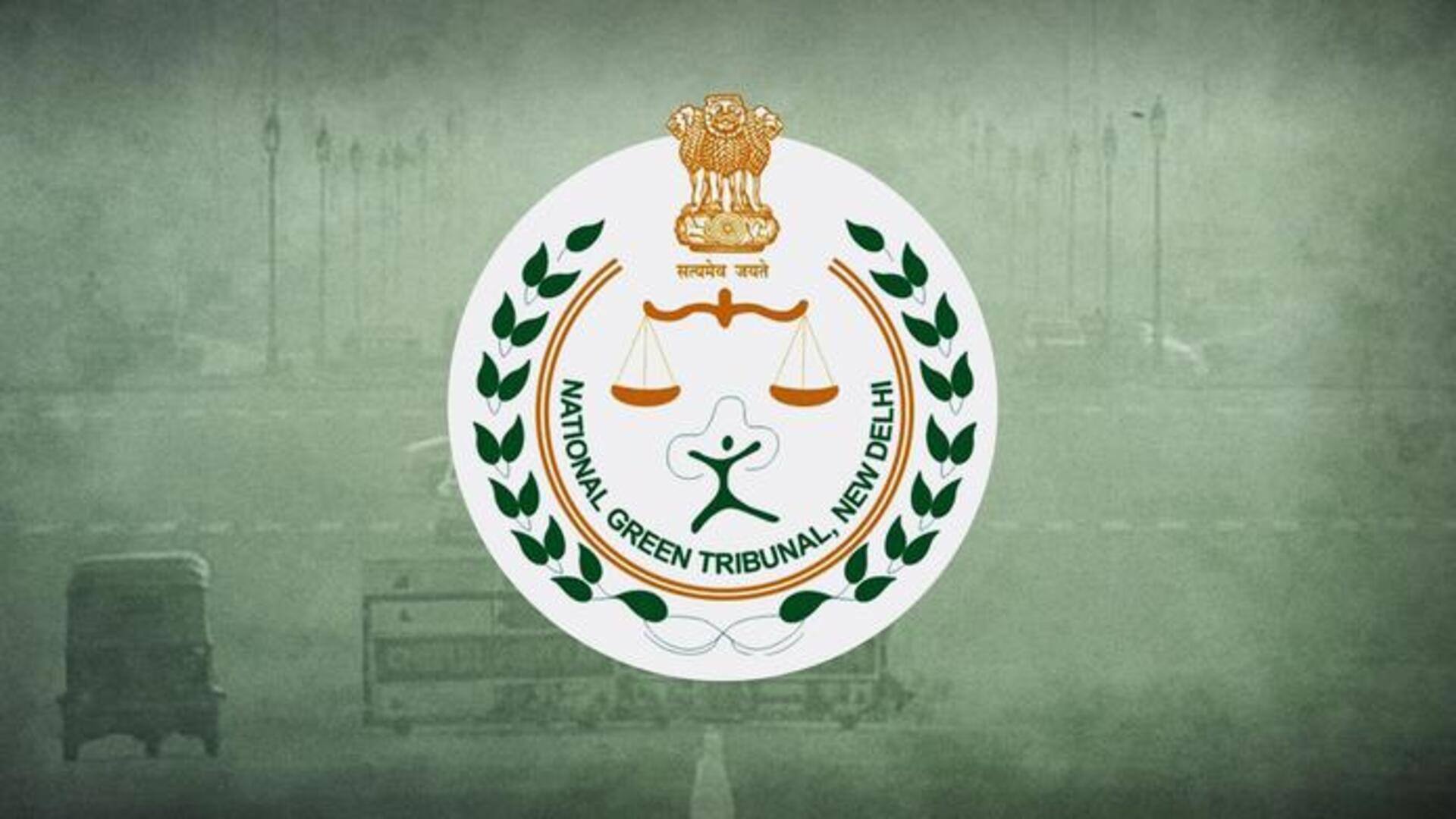
NGT issues notices to state governments on pollution boards' functioning
What's the story
The National Green Tribunal (NGT) has sent notices to state governments requesting details about the operations of their state pollution control boards (SPCBs) or state pollution control committees (SPCCs). Last month, the tribunal took suo moto cognizance of a news article that underscored that PCBs were a "weak link" in the country's fight against air pollution. Earlier, a Central Pollution Control Board (CPCB) report revealed that nearly 51% of all positions in state-level pollution boards or panels were vacant.
Context
Why does this story matter?
Pollution has been on an astronomical rise across India, with Delhi and Mumbai bearing the maximum brunt. Amid this situation, it is of paramount importance for the SPCBs and SPCCs to function efficiently. The aforementioned agencies not only carry out investigations to test the soil, water, and air of concerned cities but also ensure the implementation of environmental laws. The Supreme Court, earlier this month, directed Delhi and several northern states to submit an affidavit on their pollution control measures.
Details
Delhi Pollution Control Committee faces high vacancies
Per the CPCB report, 233 out of 344 (68%) positions at the Delhi Pollution Control Committee (DPCC) are currently vacant. On Monday, the tribunal led by Chairperson Justice Prakash Shrivastava, asked the Delhi government to provide a comprehensive report on the the DPCC's functioning within eight weeks. The NGT also pointed out that such high vacancy rates were "unacceptable" and noted that many states had less than half of the sanctioned workforce in their SPCBs/SPCCs.
What Next?
NGT seeks data on environmental labs, infrastructure
Furthermore, the tribunal inquired about the status of environmental labs in every state and union territory. Notably, even pollution-stricken Delhi has just one environmental lab operated by the central government. It has no state-run facilities for environmental testing, HT reported. The NGT said the state government reports should also include information on the sanctioned and current working staff strength, available lab infrastructure, and additional equipment and infrastructural needs. It will hear the matter on February 2, 2024.
Delhi
Delhi's air quality back to 'severe'
Meanwhile, after a slight improvement last week, Delhi's air quality on Monday deteriorated once again as thick smog blanketed the national capital. Its air quality index (AQI) was "severe" at 401 on Monday morning, per the System of Air Quality and Weather Forecasting And Research (SAFAR). Delhi Environment Minister Gopal Rai held a meeting on Friday to address the rising pollution levels, suggesting the situation had been worsening despite a decrease in stubble-burning incidents.